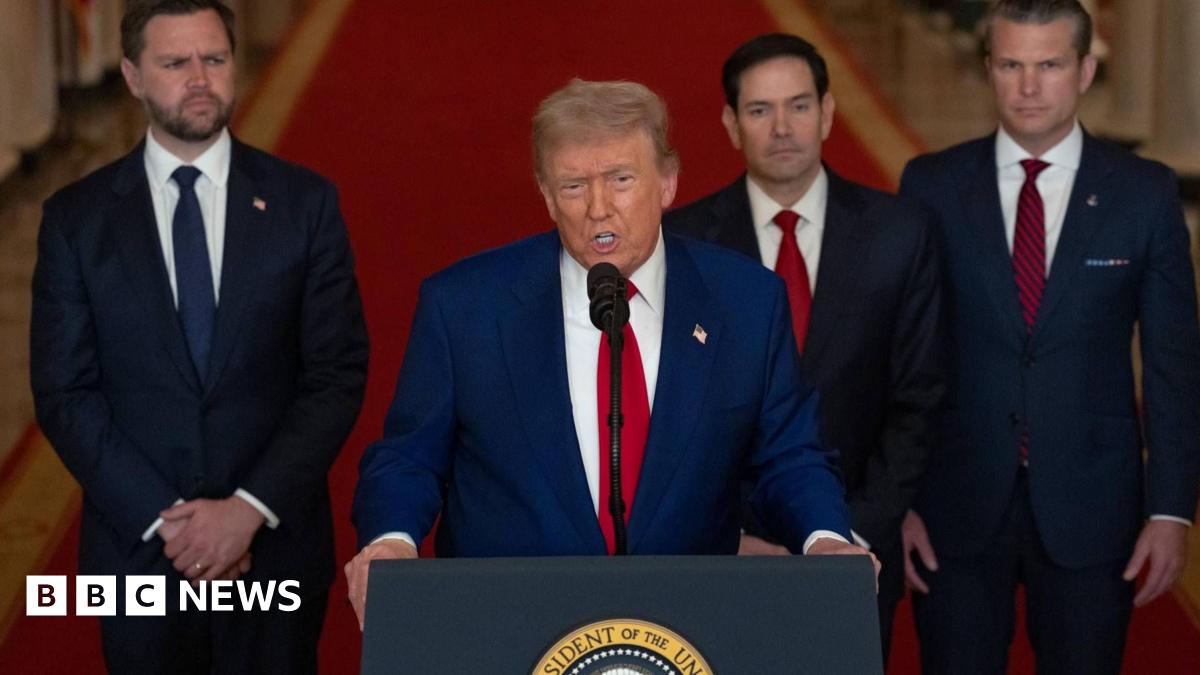Diddy's Lawyer Claims Prosecutors Targeting His 'Private Life,' Not Sex Trafficking

The defense attorney for Sean 'Diddy' Combs delivered a passionate plea to the jury on Friday, arguing that prosecutors are attempting to criminalize the music mogul's private sexual preferences rather than proving the charges of sex trafficking against him. The trial, which has captivated the nation, has seen intense scrutiny of Diddy’s personal life, and his legal team is now pushing back against what they see as an overreach by the prosecution.
During closing arguments, the lawyer emphasized that the prosecution’s case relies heavily on circumstantial evidence and attempts to paint Diddy as a predator based on his lifestyle. They asserted that while Diddy's relationships and encounters may have been unconventional, they do not constitute sex trafficking or any of the other serious charges he faces. The attorney stressed the difference between consenting adult relationships and exploitation, arguing that the prosecution is blurring the lines to unfairly taint Diddy’s reputation.
“This case is not about sex trafficking,” the lawyer stated. “This case is about the prosecution attempting to criminalize a man’s private life, his choices, and his relationships. They are trying to make something illegal that is not illegal.” The defense team presented evidence aimed at demonstrating that the women involved in the alleged incidents were consenting adults and that there was no coercion or exploitation.
The trial has already exposed a complex web of relationships and allegations against Diddy, including accusations of sexual abuse, drug use, and lavish spending. However, the defense maintains that the prosecution has failed to present concrete evidence directly linking Diddy to the crimes of which he is accused. They highlighted inconsistencies in witness testimonies and questioned the motives of individuals who came forward with accusations.
The jury will now deliberate to determine whether the prosecution has proven its case beyond a reasonable doubt. The outcome of the trial could have significant implications for Diddy's future and for the broader understanding of how private behavior is viewed in the context of criminal law. The defense's strategy hinges on convincing the jury that the prosecution's case is built on speculation and conjecture, rather than solid evidence of sex trafficking.
The case has drawn widespread media attention and sparked a national conversation about power, influence, and the legal system's ability to protect vulnerable individuals. Legal experts have noted the difficulty of proving sex trafficking cases, especially when they involve consensual relationships and complex power dynamics. The jury’s decision will be closely watched as a test of these legal principles.
As the deliberations begin, the question remains: will the jury be swayed by the prosecution’s narrative of exploitation, or will they side with the defense and find that Diddy's actions, however unconventional, do not constitute criminal behavior?





